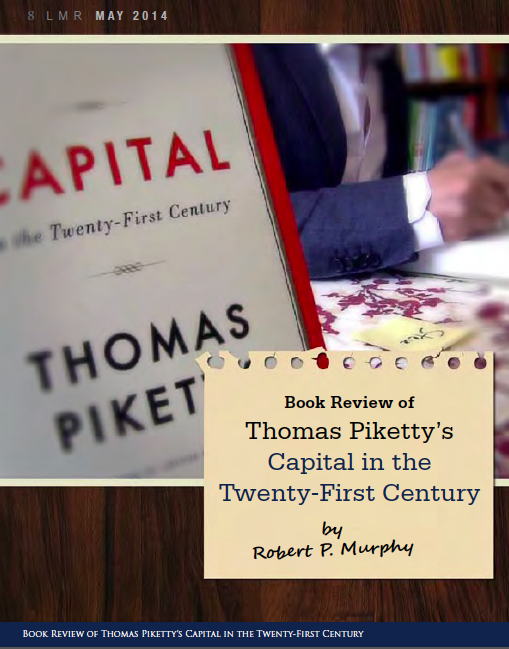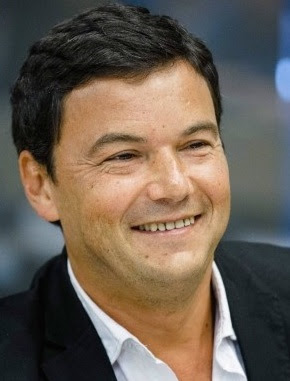


The history of real estate is not the history of land, it is not the history of financial assets or business assets, or the public debt all these different assets come with different power relationships, and with different social compromises to determine their rate of return, and the labour return that is used together with these assets.Īt some point in the book I also take the sum of all of these assets, and use the market prices of these different assets to compute the total capital stock of the economy. I think that it is a bit unfair in the sense that I really try hard in the book to do justice to the multi-dimensionality of capital. It essentially puts together assets and their relative prices, instead of treating capital conceptually as constituted through relations of production and other structures of power, as it would be in Marxian and other heterodox traditions. Can we start with some of the central critiques of your core arguments? To begin with, there are those on the left who say that your treatment of the category of capital is a fairly orthodox one. Nick Pearce: Your book has received a huge amount of attention. Interview with Thomas Piketty on 'Capital in the Twenty-First Century': part 3


 0 kommentar(er)
0 kommentar(er)
